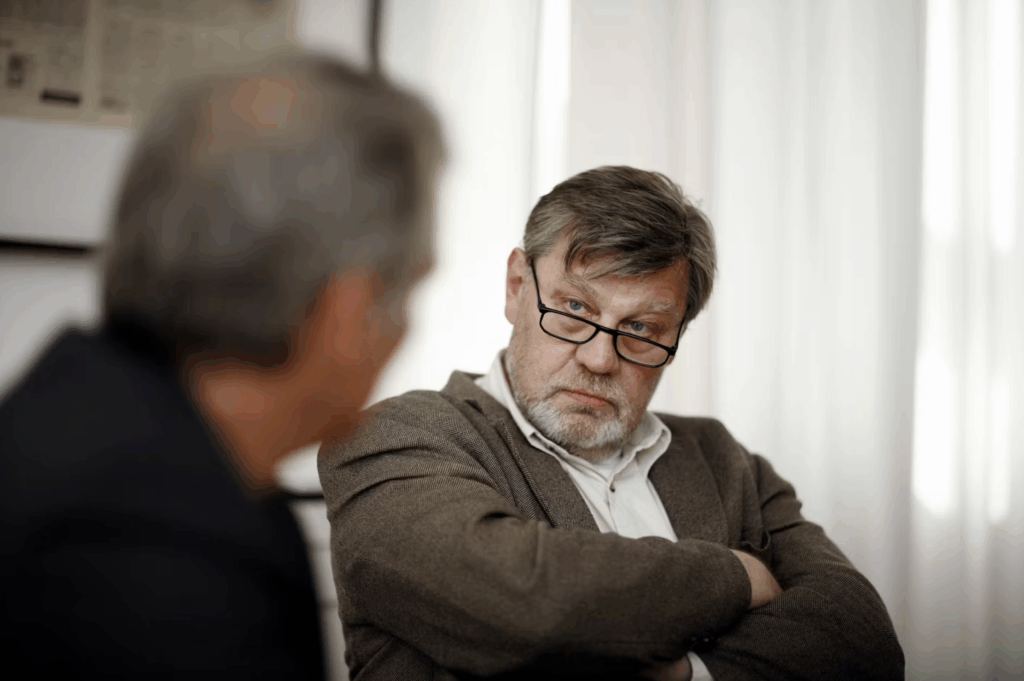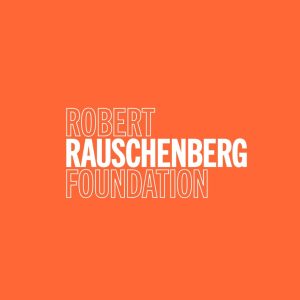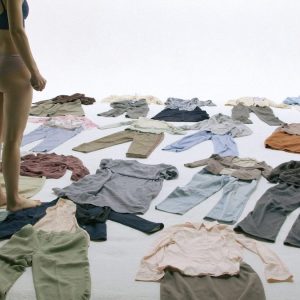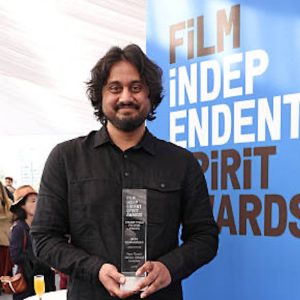CalArts School of Film/Video remembers former Film/Video Dean Hartmut Bitomsky, a deeply dedicated filmmaker, writer, and critic who passed away in Munich, Germany, on Sept 25. He served as Dean of the School of Film/Video from 1994 to 2002.
Bitomsky was born in 1942 in Bremen, Germany. He attended the Free University Berlin and in 1966 became one of the first students of the Berlin Film Academy (Deutsche Film- und Fernsehakademie Berlin). He was expelled after one year for political activism, alongside friend and collaborator Harun Farocki. He returned to graduate in 1970 and later served as director from 2006 to 2009.
Bitomsky and Farocki co-published the German publication Filmkritik where Bitomsky served as part of the editorial team. He also edited the German translation of André Bazin’s What Is Cinema?
Bitomsky is best known for his documentaries and essay films that look at German history and media culture. In 1974, he founded Big Sky Film Productions, which has produced most of his projects. He has made more than 40 films, some of the best known include the films of his Germany trilogy: Deutschlandbilder (Pictures of Germany, 1983), Reichsautobahn (1985), and Der VW Komplex (The VW Complex, 1988).
For a screening of Dust (Germany, 2007, 35mm, 90 min.) at Yale Union, he wrote of his films: “The films I make are about objects: big, extensive, and complex objects. Objects that exist as points, if you will, at the intersection of numerous vectors. Made by people, these objects show the traces of human activity in forms of collective effort and conflict. Oddly, in my experience, these traces remain indistinct and confused when you make humans the direct subject of the film. Individual biographic documentary can shut out certain oddities, human tics, and parts of testimony.”
And on filmmaking at CalArts, he said in a Los Angeles Times 1994 interview:
“A lot of filmmaking here is strictly experimental, and experimental and narrative filmmaking seem to be in opposition. I’m astonished about that because there are a lot of highly advanced ways of telling stories,” he said. “The 20th Century is full of writers who worked on different ways of telling stories and tried to reveal all the potential which is in narrative storytelling.
“But in cinema, it’s still 19th Century concerning stories, always the same kind of structure. I think we can try to push narrative filmmaking in a different direction.
“What I would like to give back is the knowledge that we could do much more with our tools, with our means of expression. The range of what our tools permit us to do is much wider than the actual use of them.”
There are several films by Bitomsky available for viewing in the CalArts Library.
In mourning his passing, remembering his legacy and celebrating his life, a few words from faculty who had the privilege of knowing Bitomsky:
From Lee Anne Schmitt:
“Hartmut Bitomsky was a large man with a large presence; he had a big deep voice and laugh. When I was a student, I used to always get stressed before our meetings and stay up all night preparing and then get emotional. I remember after one of our meetings in one of the flatbed rooms he looked at me and told me “Why are you crying? You need to sleep more. You need to take care of yourself if you are going to make such difficult work.” I think about that a lot and find myself repeating the same advice to students. Hartmut hired me into FDP to teach workshops about cameras and narrative language; within a year he had quit and returned to Berlin. That was over 20 years ago. I remember years later having a meal at his house with his wife, talking to them about film and food in their smoke-filled apartment in Berlin. I always thought I would see him again soon, but then never did. I am very grateful for the time I had to study and work with him and his impact on me was profound.”
From Gary Mairs:
“Hartmut was an undeniable presence, a big, imposing man with a rumbling bass voice – you could hear him from three rooms away. He spoke clearly and emphatically, with blunt, implacable honesty. (And humor – the man was hilarious.) He raised the level of any conversation just by being in the room.
I remember my first years at CalArts as an unexpected utopia: the smartest, most gifted people I’d ever met – Thom Anderson, Bérénice Reynaud, Maureen Selwood, Lou Florimonte, James Benning, and so many others – all making the most extraordinary work and constantly talking about cinema and why it mattered. As Dean, Hartmut – who was a great filmmaker and critic – seemed like the ringleader of a particularly thoughtful, generous salon. I considered myself blessed to be there, and I still do. And to this day the standard I hold myself to is simple: what would Hartmut think? Would he laugh and then shoot back with a question that made me rethink everything? (That would mean he liked it.) Or would he just stare at me for a moment then say, “Gary, it’s awful”? It is a great privilege and a comfort to have that voice in my head still.”
From James Benning:
“Hartmut was a close and dear friend of mine for many years. For a time in the 1990s I was like an adopted son, even though we were of a similar age. He and his wife Brigitte took me under their wing. They filled me with the most amazing food and shared their intellect. And the wine was good too. I grew both as a person and an artist because of their friendship. They are both gone now and I am sad.”



